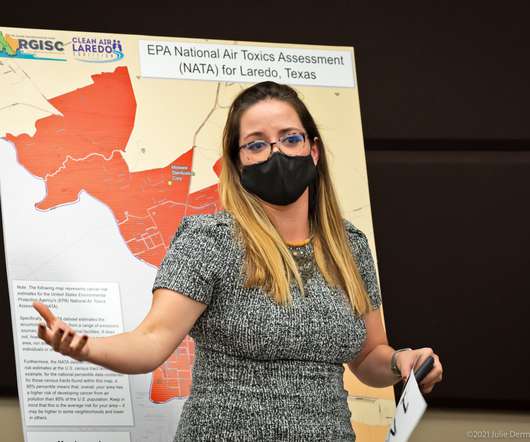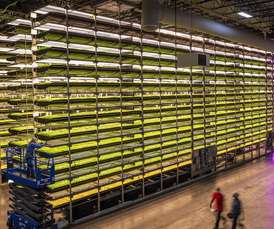20 C-suite sustainability champions for 2021
GreenBiz
JANUARY 11, 2021
In 2014, the electrical engineer and MBA became the first woman to lead a U.S. As electric vehicles drive toward the mainstream, General Motors has come full circle as well. It mass-produced the first electric car in the 1990s, then literally crushed most of them in 2003. and globally by 2040. LinkedIn | Personal website.














Let's personalize your content